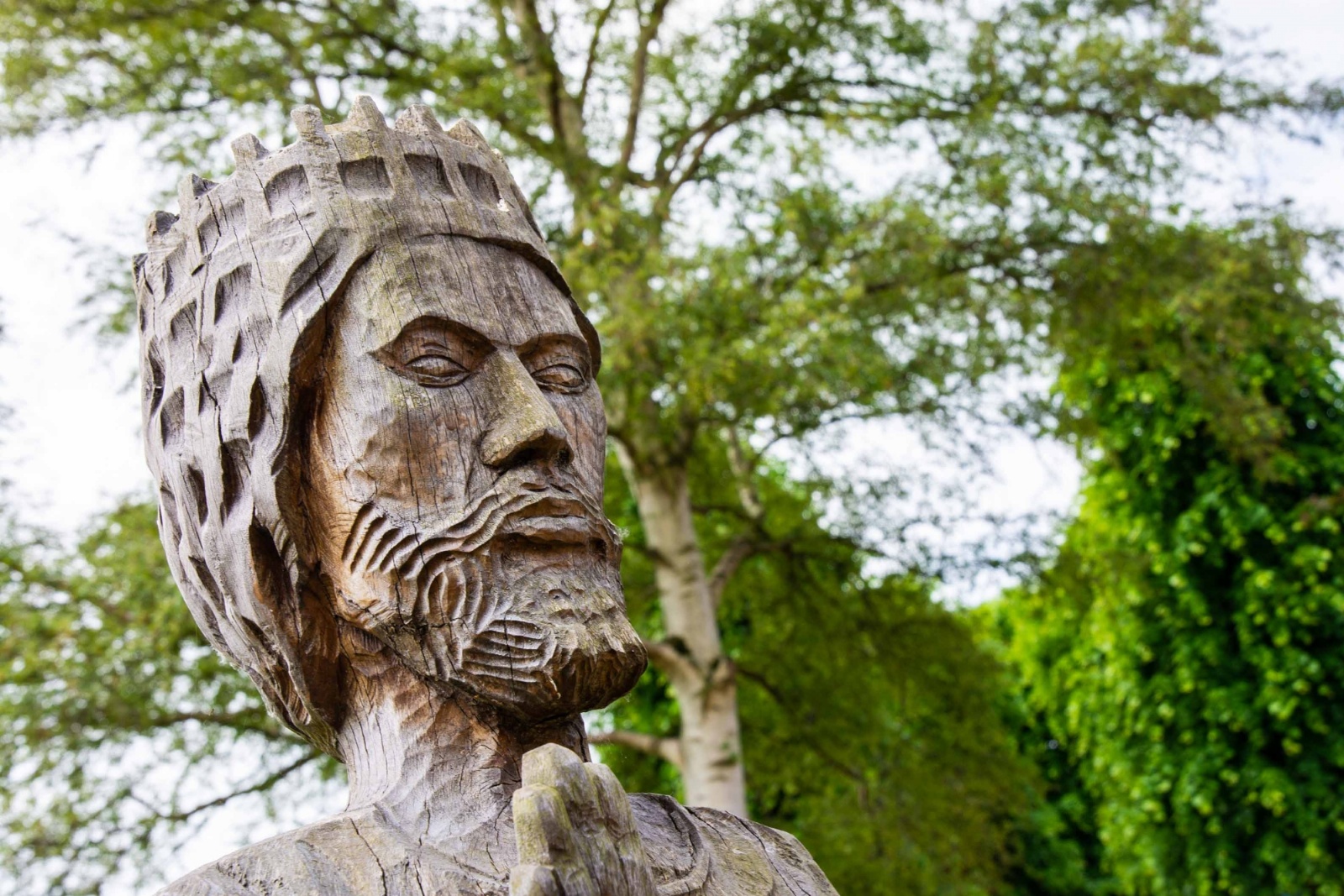Doing the Right Thing When No One is Looking

The line ‘Integrity is doing the right thing when, even when no one is looking.’ is commonly misattributed to the author of The Chronicles of Narnia C S Lewis. Although Lewis covered a similar theme in his work Mere Christianity the quote is actually taken from ‘Shattering the Glass Slipper’ the work of contemporary motivational speaker Charles Marshall. Whilst many of us will be familiar with work of C S Lewis far fewer, myself included will have read Marshall. Of course, the truth of an aphorism is not dependent on its authorship but the idea itself.
The NSPCC defines bullying as intentional behaviour that hurts someone else. Elsewhere it is described as behaviour designed to cause harm or distress to another person. Bullying intimidates or coerces. The reasons for bullying are many and often complex. But bullies seek advantage for themselves, either practical or social and often gain pleasure from the discomfort of their victim.
At times we all enjoy a joke or a laugh at the expense of our friends or family. When challenged bullies often fall back on the concept of ‘banter’. What separates banter and bullying? The impact on those on the receiving end. We laugh with our friends. Bullies laugh at their victims. Bullying usually involves a physical or social power imbalance between the bully and the victim. Bullies take advantage of their power and take enjoyment from causing harm or distress to vulnerable individuals.
The philosopher and theologian John Hick argued for the concept of Epistemic Distance. This means that we cannot truly know of God’s existence. If God did make himself known to us, we would follow his commands out of obedience to his authority instead of following them because we have figured out that that they are the right thing to do. Hick argued that it’s only if we have faith in God and still do good because we want to, rather than because we know for sure there is a God who expects us to, that we can grow spiritually and morally. In his book the Puzzle of God, Peter Vardy illustrated this with two examples. In his first a King falls in love with a peasant girl and forces her to marry him. The girl doesn’t really love the King and only marries him out of obedience to his authority, obedience that is a product of fear. Similarly, if God appeared to us, we would obey his authority rather than being truly moral and doing what is good for its own sake. The second example involves driving and obedience to speed limits. No driver would speed were there an on-duty traffic police officer in the passenger seat alongside them. Fewer people speed if they know there are traffic cameras positioned along a stretch of road. Far more break the speed limit when they think that no one is watching.
Warwick School exists to inspire and nurture its pupils, spiritually, intellectually, physically, socially, and perhaps most importantly morally. Above all we hope that they leave here a good person. This involves recognising and fulfilling their responsibility to others; not intimidating, harming, coercing, or enjoying the discomfort of those weaker than yourself. Being a good person is more than just doing the right thing in class, when you know your teachers are watching. It is more than doing the right thing at school, when you know there is a chance that you will be caught. Being a good person is about doing the right thing when you are the one in a position of power. It is about doing the right thing when no one is looking!











